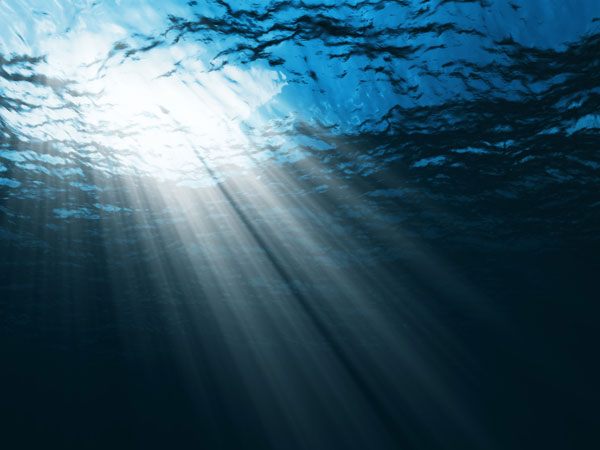It’s officially the beginning of the end for life on Earth, researchers say. Earth’s atmospheric carbon dioxide levels have passed 400 parts per million —…

Scripps Institution of Oceanography

While we’re discussing education, the theme of the current series of posts here on The Archdruid Report, it’s necessary to point out that there are downsides…

A new global analysis of seafood found that fish populations throughout the world's oceans are contaminated with industrial and agricultural pollutants, collectively known as persistent…

Jay Barlow received a B.S. in Biology from Arizona State University and a Ph.D. in Biological Oceanography from Scripps Institution of Oceanography, UCSD. He has…

According to two University of Washington scientific research papers that were recently released, a 1,000 mile stretch of the Pacific Ocean has warmed up by…

Three sets of scientists in the same week have helped narrow the uncertainties about how the natural world will respond to extra carbon dioxide in…
